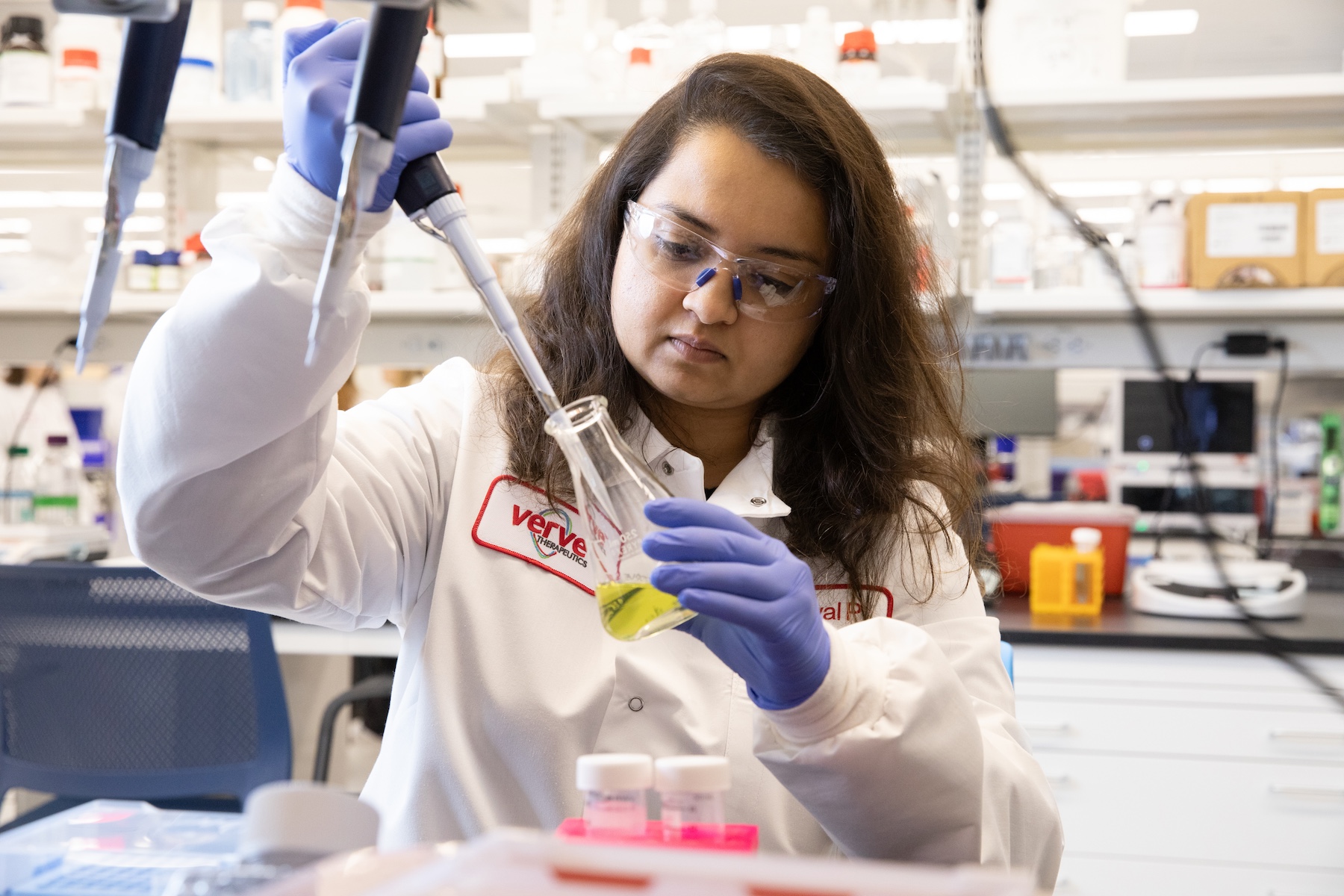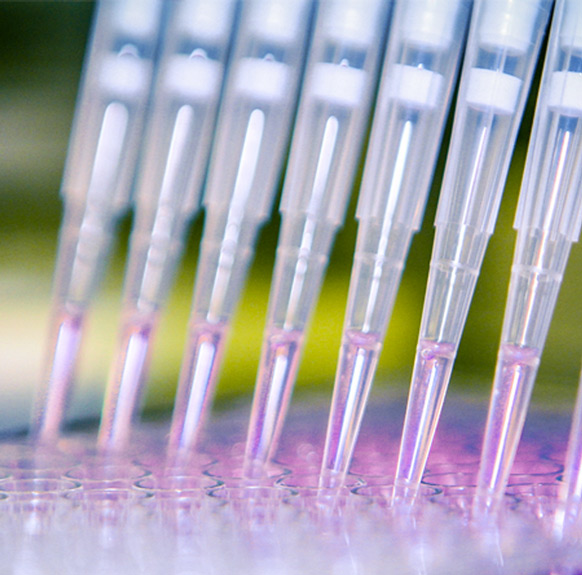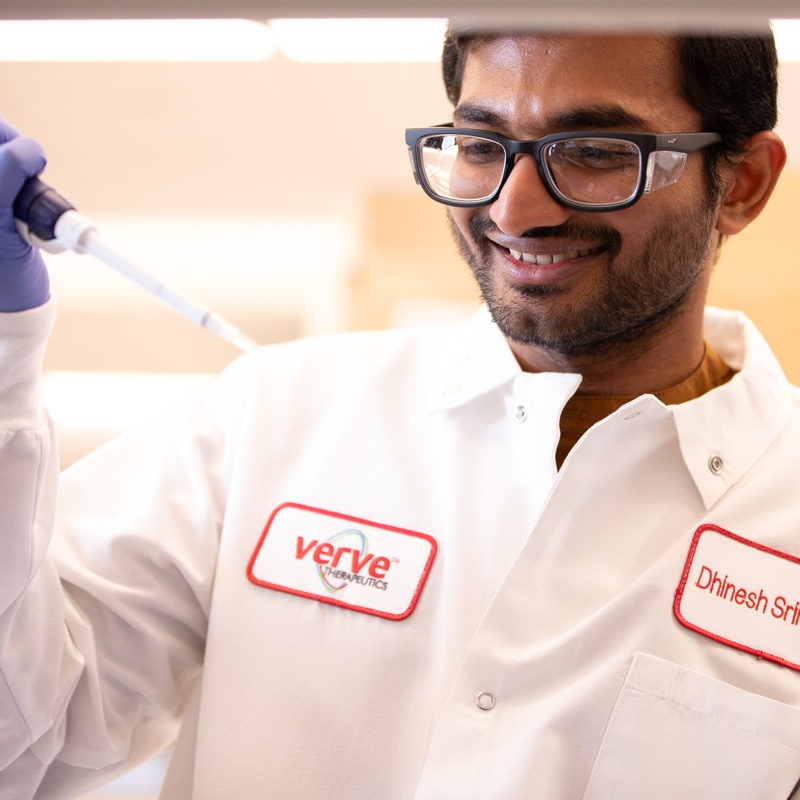Our Approach
Recent genetic discoveries and increasing sophistication of gene editing technologies are enabling a potential transformation of the treatment paradigm for atherosclerotic cardiovascular disease (ASCVD).
Recent genetic discoveries and increasing sophistication of gene editing technologies are enabling a potential transformation of the treatment paradigm for atherosclerotic cardiovascular disease (ASCVD).







